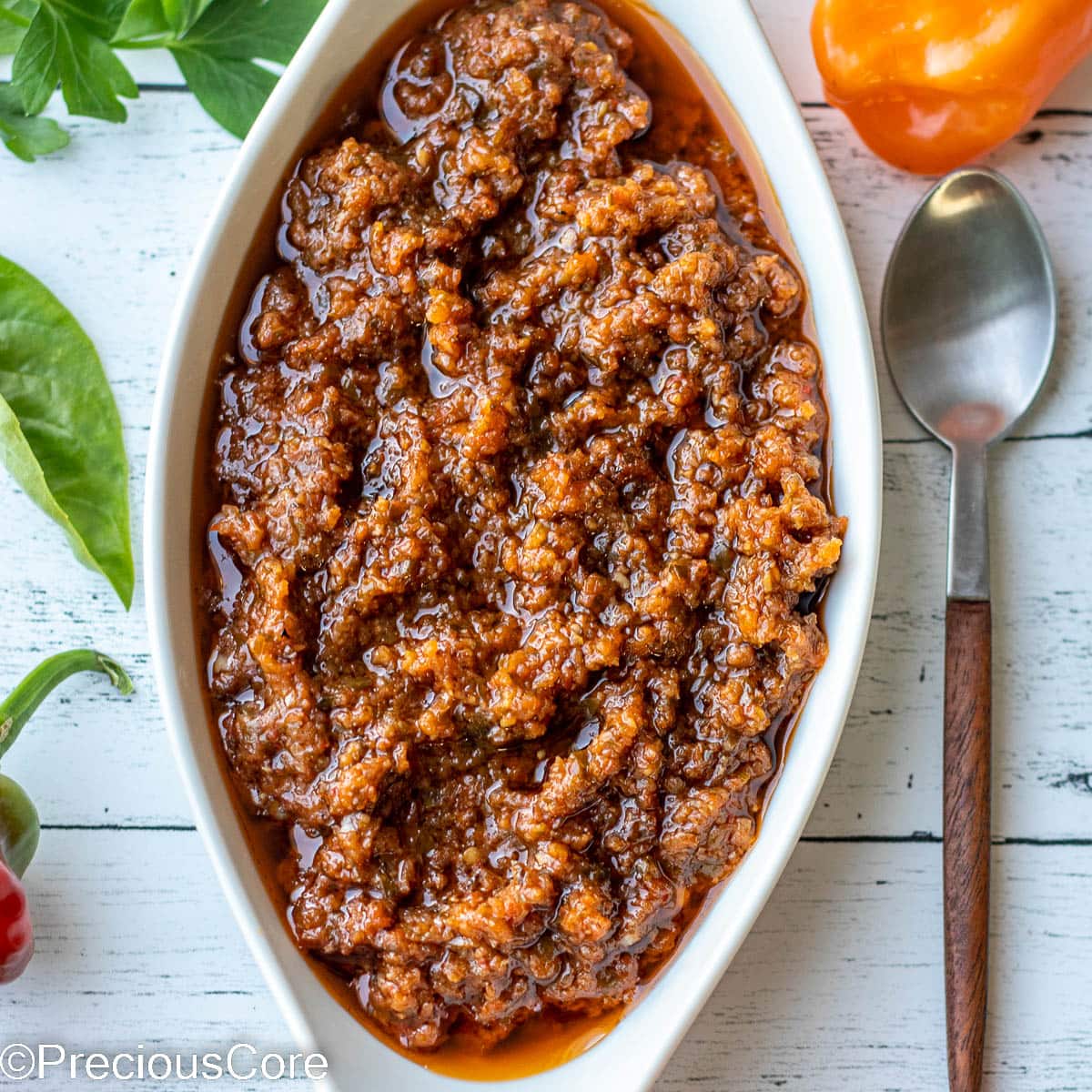7 mistakes new vegetarians make that ruin their energy levels
Switching to a vegetarian lifestyle can feel exciting. You’re exploring new foods, learning recipes, and maybe even noticing how much lighter your conscience feels.
But then, a few weeks in, the slump hits. Your energy levels dip, you feel sluggish, and you start wondering if this whole vegetarian thing is even sustainable.
I’ve been there. When I first cut meat from my diet, I assumed I could just eat the same meals minus the chicken or beef. It didn’t take long for me to realize I was missing something essential.
The truth is, eating vegetarian doesn’t automatically make you healthier—it’s all about balance and awareness.
Here are seven common mistakes new vegetarians make that drain energy—and what you can do instead.
1. Forgetting about protein
Here’s the first trap: thinking protein is only found in meat.
When I made the switch, I thought “I’ll just load up on veggies and I’ll be fine.”
But a plate of pasta and salad isn’t going to carry you through a long day. Without enough protein, you’ll feel tired, cranky, and hungry again an hour later.
Protein keeps your muscles strong and your blood sugar steady. The good news? You don’t need meat for it. Lentils, chickpeas, quinoa, Greek yogurt, tofu, and tempeh are all great vegetarian staples.
If you’re new to this, aim to include protein in every meal. Even something simple like peanut butter on toast or a handful of edamame can make a huge difference.
2. Overloading on processed foods
Ask yourself: are you eating more “vegetarian products” than actual vegetables?
It’s easy to rely on frozen veggie burgers, mock meats, and packaged snacks when you’re in a rush. They’re convenient and marketed as plant-based, so they must be healthy, right?
Not always. Many of them are high in sodium, fillers, and unhealthy oils that leave you feeling heavy rather than energized.
If your cart is full of boxes and packets, you’re missing the point of a vegetarian lifestyle.
Try making whole foods the star of your plate—fresh produce, whole grains, legumes, nuts, and seeds. Use the packaged stuff as an occasional backup, not the foundation.
3. Neglecting iron
Iron is one of the nutrients that slips through the cracks for new vegetarians. It’s a mineral that helps carry oxygen through your blood. Without enough, you may feel weak, dizzy, or constantly exhausted.
Iron deficiency is one of the most common nutritional gaps worldwide, and it’s especially relevant for people who don’t eat meat.
Plant-based sources like lentils, spinach, beans, and fortified cereals are excellent—but here’s the catch: our bodies don’t absorb iron from plants as easily as from meat.
The trick is pairing iron-rich foods with vitamin C. Squeeze lemon juice over sautéed spinach or have strawberries with your morning oatmeal. Small tweaks like this make iron more bioavailable and your energy steadier.
4. Cutting out too much, too quickly
I’ve seen this happen with friends who go from eating meat every day to suddenly cutting out all animal products overnight.
Within weeks, they’re burned out and low on energy because they haven’t figured out how to replace what’s missing.
Eliminating too much, too fast can lead to nutritional deficiencies and make you feel restricted around food. That kind of approach usually ends with frustration rather than long-term success.
If you’re new, it helps to go step by step. Start by cutting red meat, then poultry, and so on.
This gradual approach gives you time to experiment with new ingredients and recipes. It’s not about perfection—it’s about building a way of eating that feels good long term.
5. Ignoring healthy fats
Here’s something I learned when I became a vegetarian: fat isn’t the enemy.
In fact, it’s essential for energy, hormone regulation, and absorbing vitamins like A, D, E, and K.
The problem is that many new vegetarians cut out not just meat, but also any kind of fat. They end up with bland salads and carb-heavy meals that leave them feeling sluggish.
The fix is simple: add healthy fats back in.
Avocados, nuts, seeds, olive oil, and flaxseeds are all fantastic options. A drizzle of olive oil over roasted veggies or a spoonful of nut butter in a smoothie can transform your energy levels.
6. Not planning meals ahead
Meal planning isn’t glamorous, but it’s the difference between thriving and dragging through the day.
Without planning, you’re more likely to reach for easy carbs or snacks that don’t fuel you properly.
There’s also something called decision fatigue—when you’re constantly making last-minute food choices, your brain gets tired, and you go for whatever is quickest, not what’s best.
By planning a few meals in advance, you remove the guesswork and set yourself up for steady energy.
Even a simple framework helps: protein + whole grain + vegetable. From there, you can mix and match. Think chickpea curry with rice and greens, or a quinoa salad with avocado and roasted veggies.
7. Forgetting about B12
Vitamin B12 is the one nutrient vegetarians can’t reliably get from plants. It supports your nervous system and energy metabolism.
A lack of it can cause fatigue, brain fog, and even long-term neurological issues.
B12 is mostly found in animal products, so vegetarians need to be intentional about supplements or fortified foods.
I didn’t take B12 seriously when I first went vegetarian, and within a year, I felt constantly drained.
Once I started taking a supplement, the difference was night and day. It’s such a small thing, but it can make all the difference.
Final thoughts
Going vegetarian doesn’t have to mean sacrificing your energy. If anything, when done right, it can give you more vitality and balance than before.
The key is awareness—making sure you’re not just subtracting meat but also adding in the nutrients and variety your body needs.
And remember, this isn’t a test you have to ace on the first try. It’s a journey. You’ll learn, adjust, and find what works for your body.
With a little intention, you’ll not only feel energized—you’ll enjoy the process of discovering a new way to nourish yourself.




